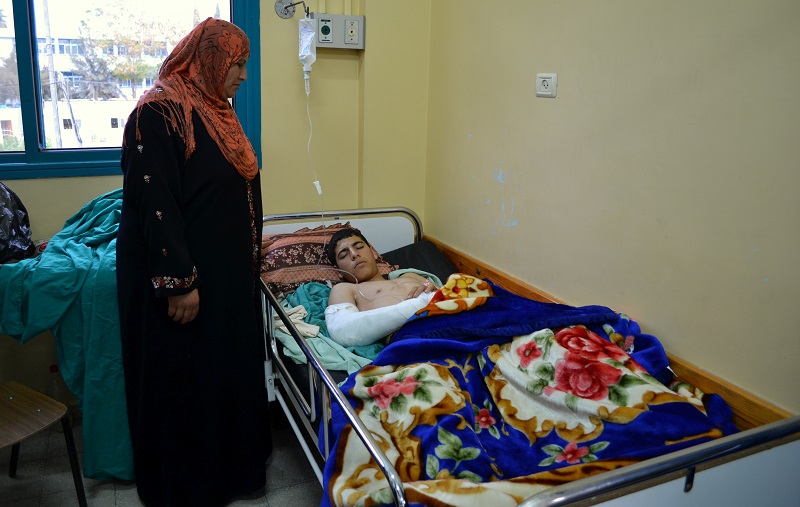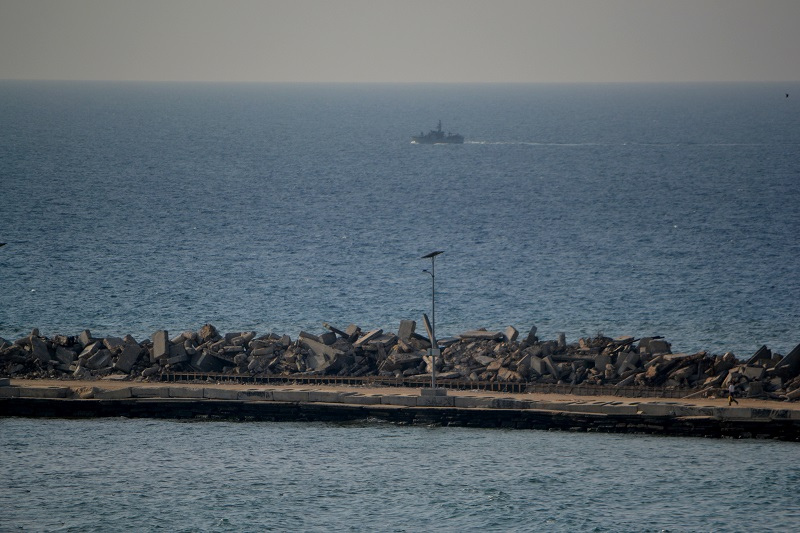Tag: Jabaliya
-

Besieged Gaza Strip battered by historic storm
16th December 2013 | International Solidarity Movement, Silvia Todeschini and Henni | Gaza, Occupied Palestine Gaza’s bad weather has disrupted access lines and flooded whole areas. Thousands of families have been evacuated. Numerous injuries and two deaths have been reported. The Zionist siege and occupation contribute to aggravating the situation for tens of thousands of people.…
-

Israeli gunfire wounds a Palestinian and injures a child in a resulting accident
25th November 2013 | International Solidarity Movement, Rosa Schiano | Gaza, Occupied Palestine On the afternoon of Friday, 22th November 2013, Mohammed Adel Afana, age 22, was injured by Israeli gunfire east of the Jabaliya refugee camp in the northern Gaza Strip. Adel Afana had gone there with friends. Each Friday, many Palestinians go to the…
-

Israeli navy captures two Gaza fishermen, including one injured by gunfire
13th November 2013 | International Solidarity Movement, Rosa Schiano | Gaza, Occupied Palestine On the morning of Sunday, 10th November, brothers Saddam Abu Warda (age 23) and Mahmoud Abu Warda (age 18) were captured by the Israeli navy in Palestinian waters off the Gaza Strip. They were released later in the evening and their boat…
